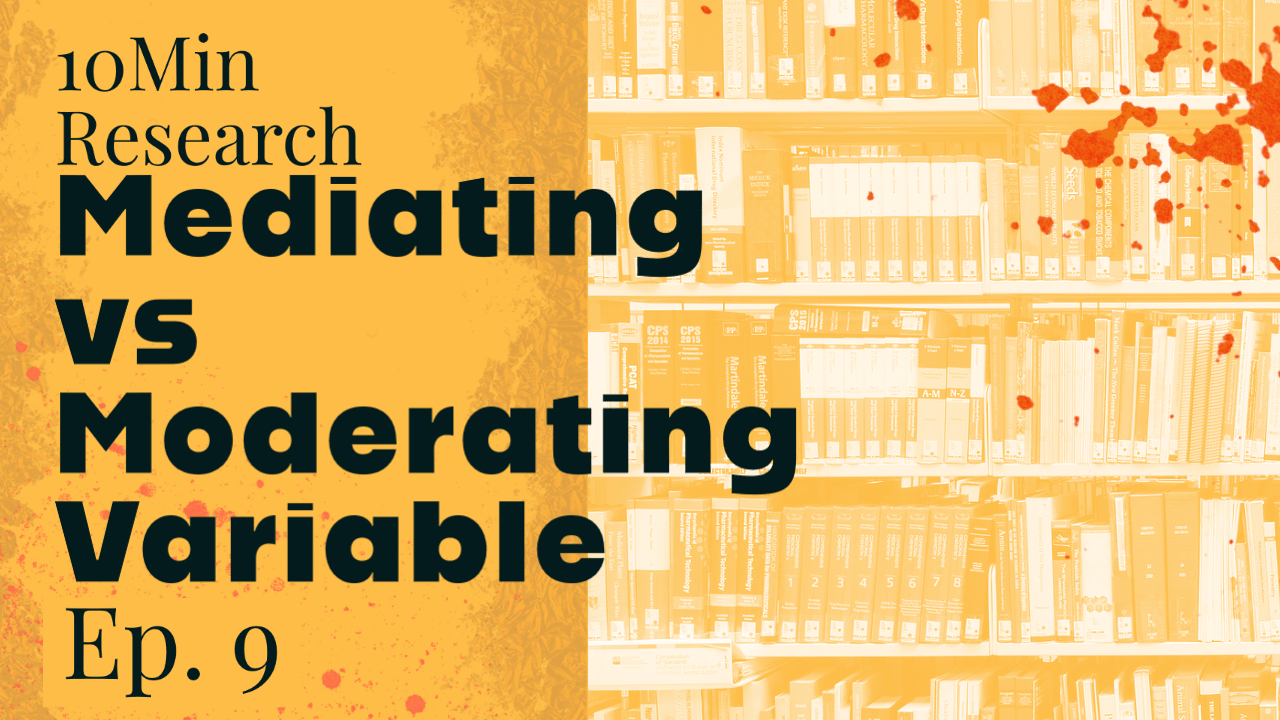Mediation
A variable that intervenes to transfer the impact from an independent variable (IV) to a dependent variable (DV) is known as a mediator, also known as an indirect connection. It essentially outlines the process through which the IV influences the DV. Think about the case where a mediator (M) is influenced by IV (X), and M is afterwards influenced by DV (Y). This suggests that X causes a change in M, and that M then causes a change in Y.
Components of Mediation Analysis
Mediation analysis involves three distinct relationships:
1. Direct Path (X → Y): This represents the direct influence of the IV on the DV, without the mediating variables.
2. First Stage: Path (X → M): This is the link between the IV and the mediator, demonstrating how X influences M.
3. Second Stage: Path (M → Y): This is the relationship between the mediator and the DV, explaining how M influences Y.
Moderation
In contrast to mediators, moderators are factors that affect the nature, direction, or intensity of the link between an IV and a DV in order to change the influence of the IV on the DV. Instead of outlining the method, a moderator changes how IV and DV are currently related. The interaction between IV (X) and DV (Y) can be influenced by a moderator (W) either positively or negatively. Even a positive connection can become negative or the opposite. In essence, the dynamics of the IV-DV interaction are changed by the moderator’s presence.
Illustrative Examples
Mediating Variables
Think about the effects of job stress (X) and organizational performance (Y) as examples. In actuality, this connection is affected by a number of factors. Workplace stress may impair a worker’s capacity for effective communication, which in turn affects organizational coordination. This has a cascade effect on the quality of both internal and external services, which eventually results in subpar organizational performance. The complicated link between work stress and organizational performance is explained by the intermediary factors (coordination, communication, internal service quality, and external service quality).
Moderating Variables
Consider another situation where organizational performance is impacted by collaborative culture (CC). However, the existence of work stress (JS) affects how strong this association is. Normally, higher CC would result in better OP. Still, this beneficial relationship is compromised if there is increased job stress in the business. In this case, job stress (JS) serves as a moderator, altering the connection between CC and OP. JS damages the relationship in this instance, but moderators may also make relationships stronger under the right circumstances.
Additional Example
Consider how organizational performance (OP) might change if servant leadership (SL) were to be introduced. Better SL results in better OP. However, if the firm additionally demonstrates better social responsibility (SR), this link may be strengthened even further. In this situation, SR serves as a moderator, enhancing the bond between SL and OP.
Summary
In conclusion, it is crucial to grasp the differences between mediators and moderators when it comes to study technique. While moderators change the dynamics of already-existing relationships, mediators explain the relationships themselves. Researchers may perform deeper, more insightful analyses and increase the breadth of their study by identifying these functions.
